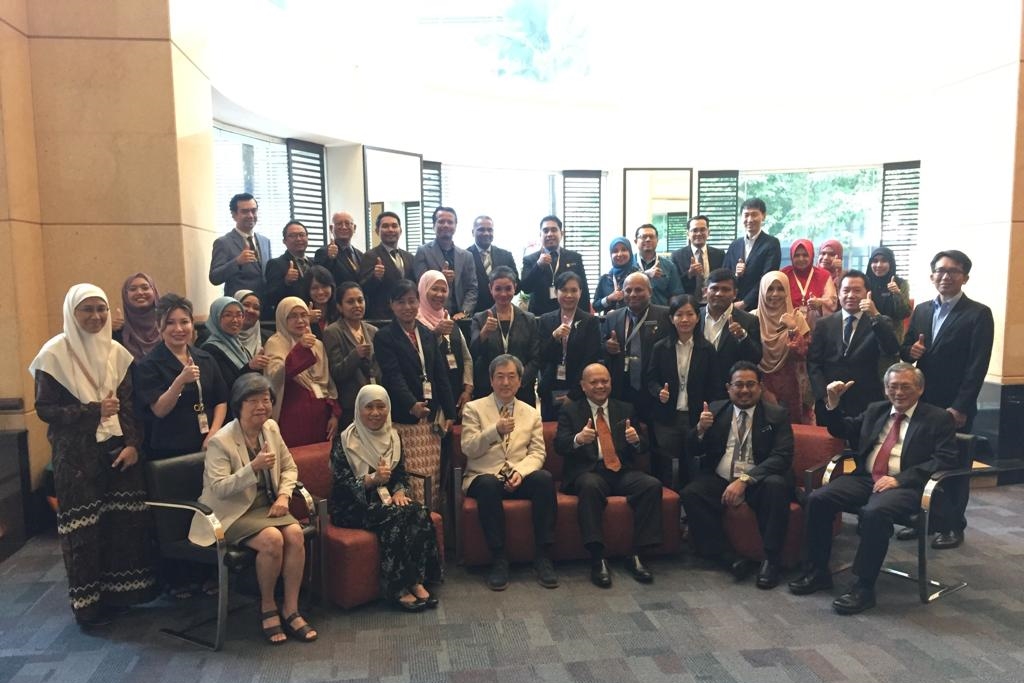This event was held by The State Board of Population and Family Development Ministry of Women Development, Family and Society of Malaysian government that also supported by Malaysia Research Institue on Ageing, UPM, Malaysia
“This meeting is important for ASEAN country research collaboration especially in terms of handling and social protection of elderly” said Oetami Dewi as head of Yogyakarta B2P3KS at the event that was held in Kuala Lumpur, Malaysia, Wednesday (2/10)
Oetami Dewi that also become ASEAN Country Director - Wide Research Network for Ageing states that the elderly are not burden for the country but rather on the country's potential or assets.
Through this workshop Indonesia is also expected to be able to learn from various countries such as Singapore, Malaysia, Brunei Darussalam, Myanmar, Kamboja, Laos, Japan, dan Thailand regarding the condition and handling the elderly in ASEAN country.
On this occasion, Yogyakarta B2P3KS had the opportunity to submit data, results, potential, and challenges of research on the elderly as a result of demography bonus about The Key Factors of Ageing Research, Previous and Present Research, Challenges and Issues of Ageing Research.
In the submission of the research data, there are also recommendations for handling the elderly, that is the need for a social rehabilitation program in terms of social protection and family support, elderly assistance, and accessibility support that has been carried out by The Ministry of Social Affairs through Directorate of Elderly Social Rehabilitation also to understand the real condition of social impact for the elderly in community.
The elderly are also able to contribute with the community by not only providing direct assistance to the elderly but also to the companion or those who are related to the elderly. It is necessary to conduct an analysis of social impact in every program for handling elderly and other social protection program.
The research about the elderly also requires the availability of comprehensive data through measurement, research through social impact analysis. In the future, social impact analysis is needed in mapping the condition of the elderly population, available program facilities and infrastructure, target synchronization, education and advocacy socialization, institutional and regulatory frameworks, increased expertise, certification for formal and informal facilitators, and the development of reference models for the elderly.
 Bahasa
Bahasa
 English
English


